Many high schools around the world offer the IB diploma, or International Baccalaurate Diploma. Schools and families perceive this curriculum as a plus and a guarantee of high quality of the school itself. It is also widely recognized by universities everywhere. Why is it so? And what exactly does it offer? Moreover, how will it help your child get into the university they are dreaming of?
What is an IB diploma?
Let’s try to answer these questions by, firstly, understanding what an IB Program is. The IB mission statement says:
“The International Baccalaureate aims to develop inquiring, knowledgeable and caring young people who help to create a better and more peaceful world through intercultural understanding and respect.
To this end the organization works with schools, governments and international organizations to develop challenging programs of international education and rigorous assessment.
These programs encourage students across the world to become active, compassionate and lifelong learners who understand that other people, with their differences, can also be right.”
The intent is clear. The curriculum is built to develop life lasting skills that will help students face their future with responsibility.
The IB program is naturally drawn to internationally minded students, who wish to live the world as a whole. We all know how things such as nationalisms, economical interests and short sighted political choices have caused and keep causing huge problems to humanity and to Earth. We need more responsible adults and future adults to hope for a better future.
This is why the IBO (International Baccalaurate Organization) has developed its education around 10 attributes that define the IB learner. The IB learner should be: inquirer, knowledgeable, thinker, communicator, principled, open-minded, caring, risk-taker, balanced, reflective
For further information I refer you to the IBO website (www.ibo.org)
What does the IB diploma consist of?
In the IB diploma program, the curriculum consists of six subject groups and three core elements: TOK (Theory of Knowledge), EE (Extended Essay) and CAS (Creativity, Activity, Service).
The six group subjects are: Studies in languages and literature; Language acquisition; Individuals and societies; Sciences; Mathematics; Arts.
There are different courses within each subject group. Instead of art, students are aloud to choose an additional course within the other groups.
Students will have to choose what courses to take at high level, or HL (at least 3 but no more than 4). The rest will be at standard level, or SL. The levels refer to a difference in goal, but are measured using the same grade descriptors.
TOK is an essay in which the IB student has to reflect on the essence of knowledge and on how we know what we claim to know.
EE is an essay in which the student makes its own research on a topic of their choice, and has to produce a 4,000-word paper
CAS is a project the students have to complete and that has to be related to those three concepts (creativity, activity, service).
Again for further information I render it you to the IBO website (www.ibo.org)
How does the IB diploma program help students get into university?
Many universities worldwide recognize the IB diploma. In Europe, the Lisbon Recognition Convention committee adopted a recommendation on International Qualifications. These include IB qualifications per the European Recognition Manual for Higher Education Institutions. This means that higher education institutions of the signatory countries will consider IB graduates for admission. This, itself is a good reason to choose the IB diploma. It is, nevertheless, important that in doing so your child has a fairly clear idea of what they want to study after. Or at least their field of interest. The reason is that each university, and each program within the university, will probably require specific courses at HL. Because of this, I strongly advise you refer to an educational consultant (IEC) before choosing the IB courses.
An IEC will help make those choices. As the IB diploma covers the last two years of high school, you might want to contact an IEC as soon as your third to last year. If you think it is too early, an IEC will help your child understand what their interests are and in what direction they are likely to move. In this way, the IEC can help them choose their HL and SL courses in such a way that they can keep all the doors open. Further more, an IEC has contacts with universities around the world and is able to find out what courses are likely to be required in each university.

